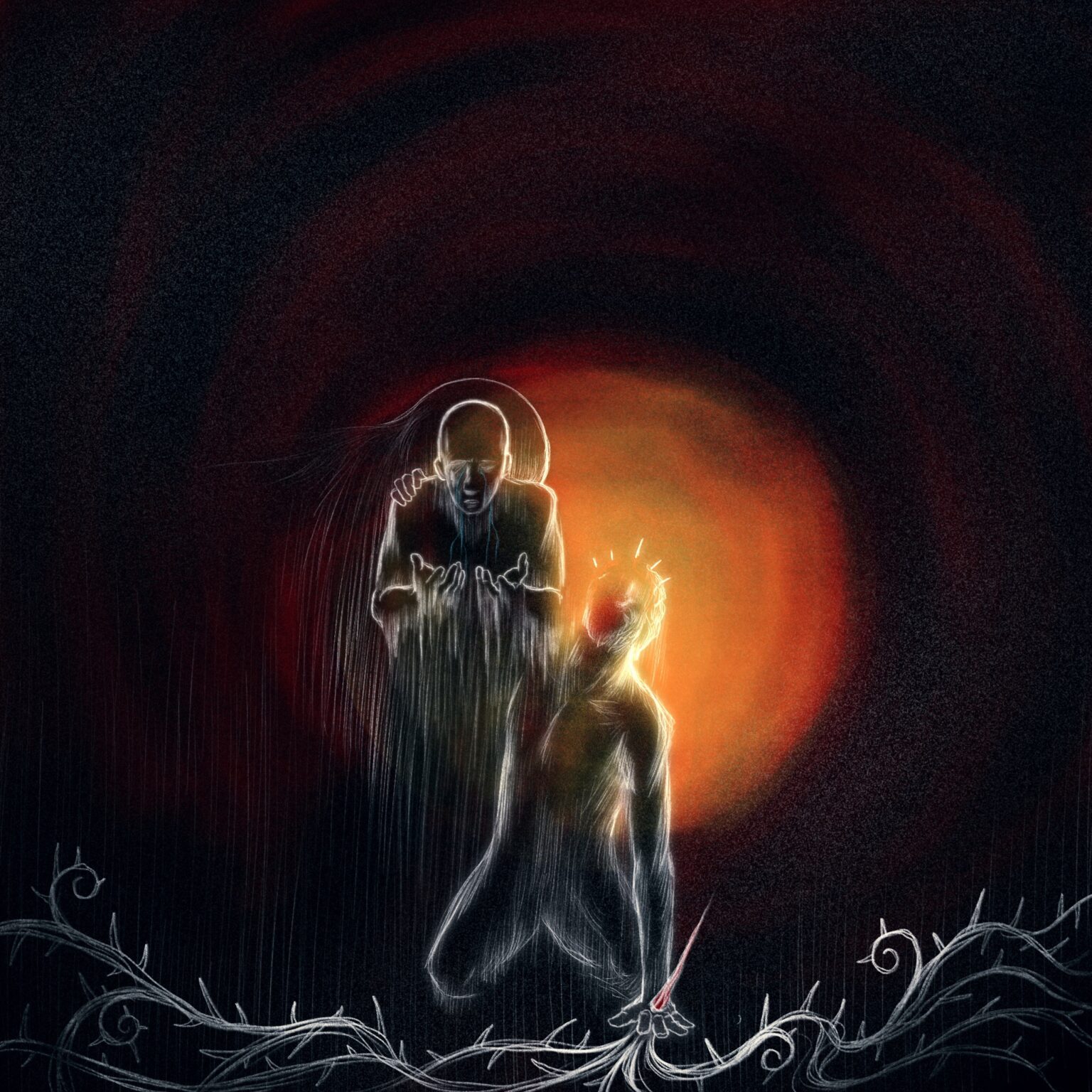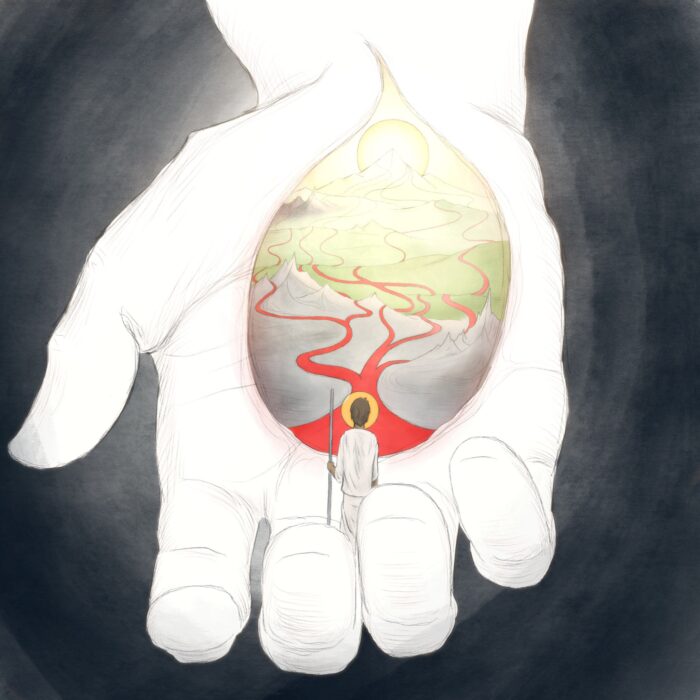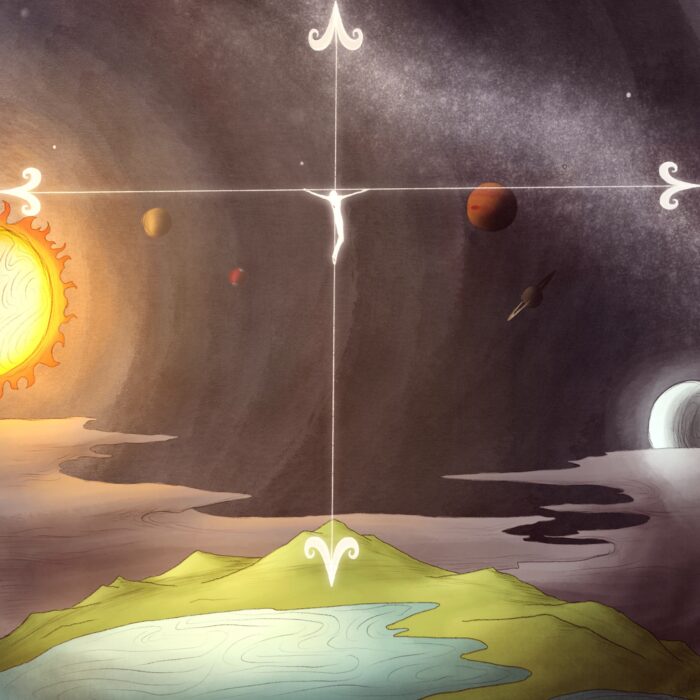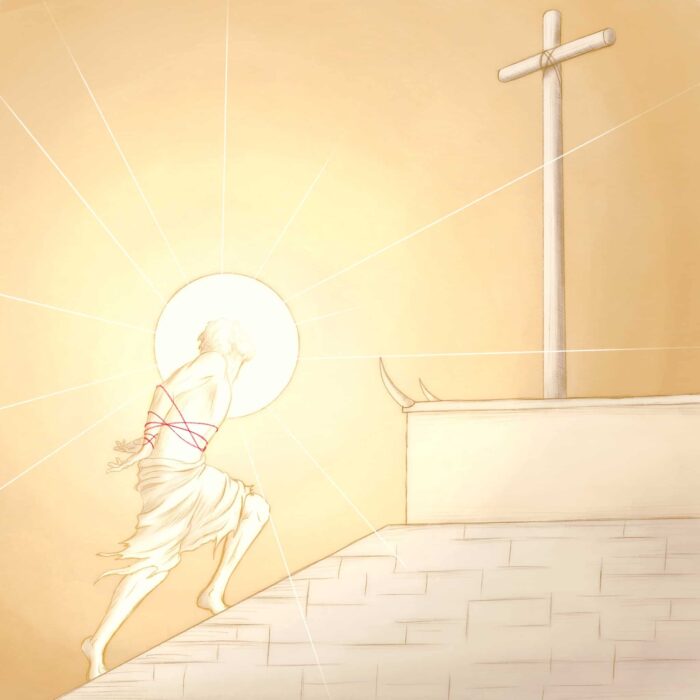Psalm 139:8


Psalm 139:8, “If I make my bed in Sheol, you are there!”
I find myself going to Psalm 139 often during times of uncertainty or fear or anxiety or suffering….from beginning to end, this Psalm testifies to the intimate, intentional, fatherly presence of the LORD–in all circumstances.
He knows our ways (1-4), He surrounds us on all sides, (5-6), He is ever and always present with us (7-12), He known us and been at work in us since the beginning, it was He who joined the egg and sperm that would make the person that we (13-15), He has authored our lives from beginning to end even before our first moment of existence (16, glory to God for that assurance!), and He is the one who will be with us when we awake–even from the sleep of death (18). What a merciful and relentless witness to the ever present, intimately caring, sovereign authority of the Living God.
In verse 8, David praises YHWH’s omnipresence by using a literary device to encompass all of creation,
“If I ascend to heaven, you are there! If I make my bed in Sheol, you are there!”
By referring to the conceptually highest and conceptually lowest domains of the created universe, David is saying–“you are everywhere.” And that is the primary way we should understand this passage.
However, Sheol is not just a “low” place, it is also the sphere of death, of exile from YHWH, of forgetfulness and forgotteneness, darkness and loneliness. In fact, the Hebrew word for “Sheol” is here translated with the Greek word for “Hades” in the LXX. With all of this negative imagery in mind, it becomes staggering to consider that David would say that even if he were to descend into Sheol–into Hades–YHWH would be there…
While it is certainly true that God is present everywhere in the created universe and cannot be escaped, I think we can draw another implication from this text in light of the cross. You see–as I mentioned yesterday–on the cross God really does “descend to Sheol,” in the sense that Christ swallows into Himself all that hell is and can be. He bears the equivalence of all suffering–in this life and the next–for the sake of His own.
One awesome implication of this propitiatory work is that we can no longer arrive at a place in our experience of suffering that “out-suffers” the empathetic presence of our God. He has become wholly and truly hopeless, descending into the darkest reality conveivable…and by doing so He has, as it were, invaded these darkest recesses of this universe with His gracious presence.
So now when we become hopeless, it ought to be precisely at that moment that we realize our God is here with us as well–not merely by virtue of His omnipresence, but by virtue of His suffering….and suddenly, because of His presence with us in that darkest place, it is no longer hopeless…it can’t be, because “He died, and behold, He is alive forevermore.”
By becoming hopeless–and then rising again–our God has destroyed hopelessness for His people. By descending to Sheol and then breaking it’s bonds, He has made even the shadow of death a Holy of Holies in which we can rest in the loving presence of our saving God.



